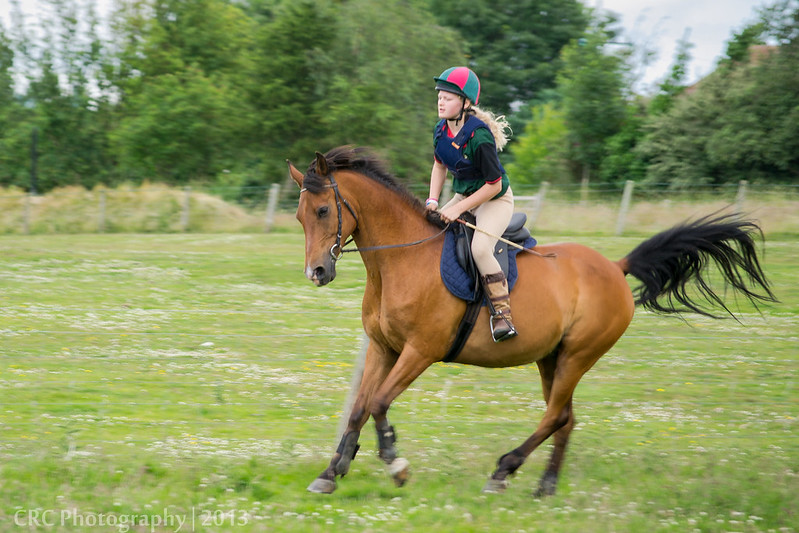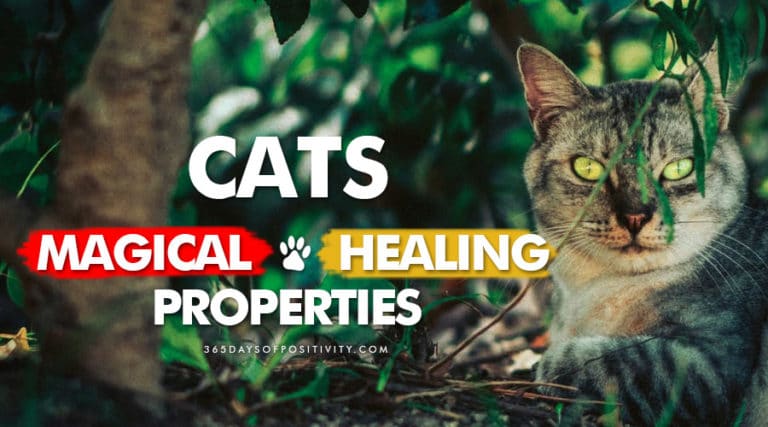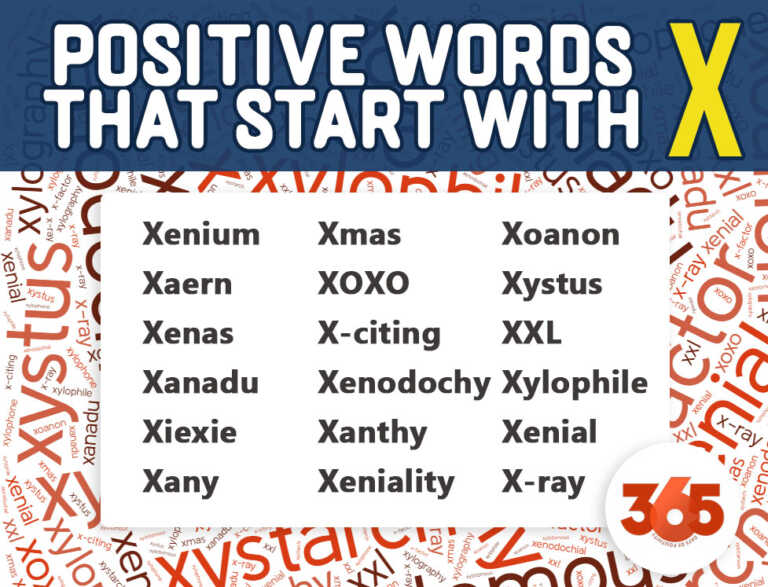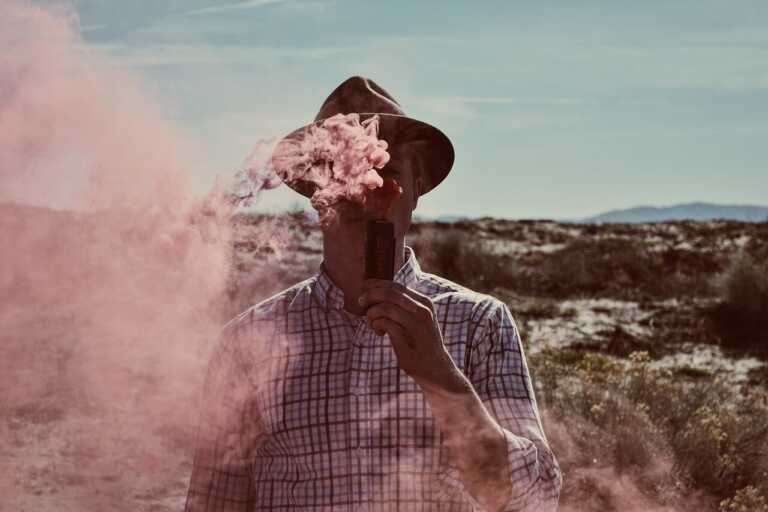
Horse ownership is one of the most rewarding adventures an animal lover can embark on.
No disrespect to dogs and the people who love them, but the horse can make a strong case as the true holder of the title “Man’s Best Friend.” Horses are intelligent, sensitive animals who have served a variety of roles throughout history. They have carried soldiers in war, they have provided many farmers with livelihoods, and they have stolen many a person’s heart with their adorable antics.
However, like with all pets, a responsible would-be owner needs to do their research before investing in keeping a horse as a pet. Horses deserve the very best care their people can give them, whether they are racehorses in the TwinSpires Kentucky Derby odds or if they are simply companions and occasionally riding buddies.
That can rarely be achieved when your purchase or adoption of a horse is done on a whim.
Here are three points to consider before diving into horse ownership.
What Do You Want To Do?
When you picture yourself spending time with your horse, what are you doing with them?
This may seem like an obvious question, but different types of horses are bred for different activities, and even if you only plan to ride recreationally, horses from certain backgrounds will be a better match for you than others.
For example, if you want to do leisurely trail rides, you will most likely want a laid-back horse who shows little startle reaction to environmental stimuli and is sure-footed enough to carry you over uneven ground. Quarter Horses, which are small, compact horses who can deliver great bursts of speed but who are bred to stay calm under the pressures of ranch work, are great companions for such riding.
However, if you are more interested in a discipline such as show jumping, a lithe horse with stamina and powerful haunches is more suitable. A tall, graceful breed such as the Dutch Warmblood or the Thoroughbred has the natural skill to float over jumps while still having the temperament to undergo training and competition.
As with dog breeds, you will want to choose a horse that suits your goals and your lifestyle. Horses are happiest when they are busy, and they bond with their owners through structured activities with clear objectives and expectations.
Where Will Your Horse Live?
Horses require indoor and outdoor structures to receive proper shelter, food, and exercise, and most people do not, nowadays, have the sort of space that a horse can easily occupy. Therefore, many horse owners who live in urban or suburban areas must board their horses at nearby farms.
The decision to board your horse at a particular farm is not one to be taken lightly. How far away is the farm, and when do you plan to come and spend time with your horse? What sort of communication do you want to set up with the farm’s owners? What amenities does the farm have, and can you and your horse make use of them? Does the farm have a good reputation among other owners who have boarded there? How much does boarding cost? All of these questions need answers before you make the decision to place your beloved pet in another person’s stall.
What Happens If Things Go Wrong?
It may not be a happy thought to have, but potential horse owners need to think about what they will do if things go wrong.
Horses are notoriously accident-prone, and their slender legs mean that injuries that other animals could sail through suddenly become life-threatening. Their sensitive digestive systems, which make it impossible for a horse to vomit, also make small changes in their daily food intake potentially disastrous. Before you commit to owning a horse, you should ensure that you have the financial resources not only to provide day to day care, but also to cover any sudden, hefty vet bills that you may be hit with.
Also, a healthy horse can easily live 25 years, meaning that many end up outliving their owners. Should you suddenly be unable to own or care for your horse, you need to have a plan in place for a loved one or a boarding employee to step up in your absence. Horses, like all other domesticated animals, need to be considered when making wills or other end-of-life plans.
Horse ownership is a beautiful journey- when the first step is taken with well-researched care.





